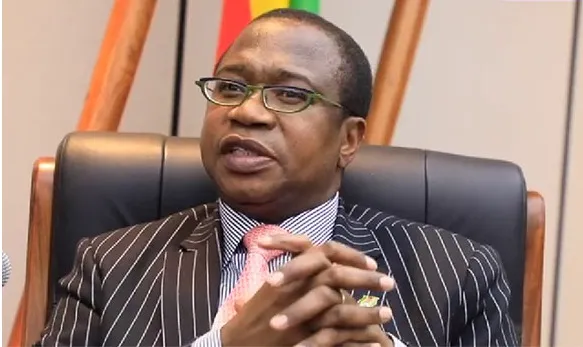
NEVANJI MADANHIRE FINANCE and Economic Development minister Mthuli Ncube, at the advent of the “new dispensation” in 2018, promised to dispose of all or part of 35 state-owned enterprises (SOEs) and parastatals by December 2020.
Parastatals are statutory bodies set up through an Act of Parliament.
Zimbabwe has over 107 SOEs, most of which are critical and with a potential to contribute over 40% towards the country’s gross domestic product (GDP).
There was also a push to remove SOEs from line ministries as a way of clipping the wings of cabinet ministers.
Despite this noble idea, Ncube seems to have underestimated the power of bureaucrats in government, who have been enjoying the feeding trough for many years. Some hawkish ministers are throwing spanners in proposed reforms.
This has stalled reform of these entities. It remains a pipedream — just like many other government proposals. The government is divided with some in support of the move while the old guard is resisting the reforms. Parastatals have been cash-cows for politicians, who have been milking the companies, reducing some to shells.
In 2020, Zesa Holdings executive chairperson Sydney Gata accused former energy minister Fortune Chasi of meddling in the power utility affairs. Gata alleged that Chasi spent thousands of United States dollars donated by the parastatal on foreign junkets.
Thus, parastatal reform remains an elephant in the room for the government.
- Chamisa under fire over US$120K donation
- Mavhunga puts DeMbare into Chibuku quarterfinals
- Pension funds bet on Cabora Bassa oilfields
- Councils defy govt fire tender directive
Keep Reading
There is an urgent need to ensure the companies, most of which were established by the Rhodesian government, return to profitability. This needs no special emphasis save for the government to do the needful.
Key lessons can be drawn from China over how SOEs are functional and central to economic activity. The government must be consistent in pushing parastatals to perform and plug endemic corruption.
We once again, as we always do, implore the government to seriously promote good corporate governance. Continuing with the status quo will only result in the collapse of the firms owned by the state.
Parastatals like the Minerals Marketing Corporation of Zimbabwe (MMCZ) have been running for some time without substantive heads. There are many acting senior managers in parastatals. This certainly compromises service delivery.
Government must have all hands on deck and create sanity in SOEs, which in most cases are bleeding the fiscus.
This demands the state to take action in implementing yearly recommendations by the Auditor-General’s Office. Gross corruption raised by the auditor-general needs to be addressed through the arrest of parastatal heads named in the misappropriation of funds.
Parastatals have a critical role to play in economic revival. China and Singapore are the perfect examples of how to run parastatals. Zimbabwe claims to have a good relationship with the Asian giants; it would be good to learn from these.











